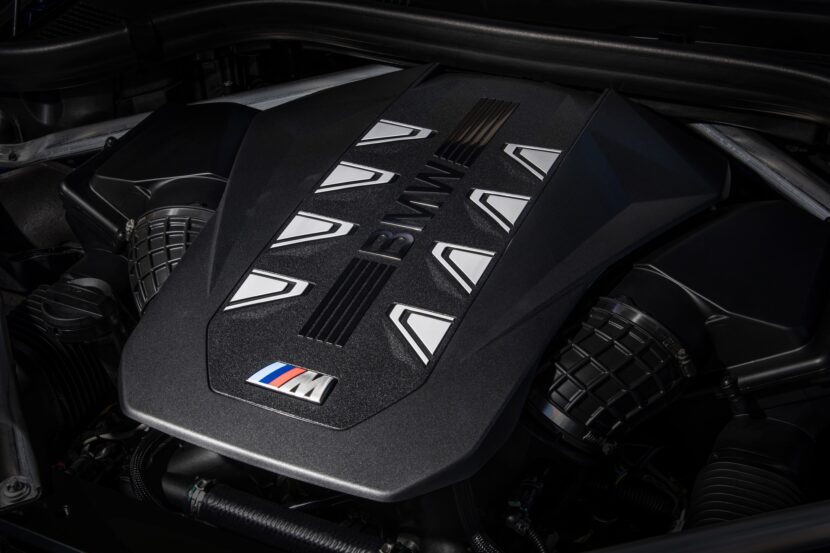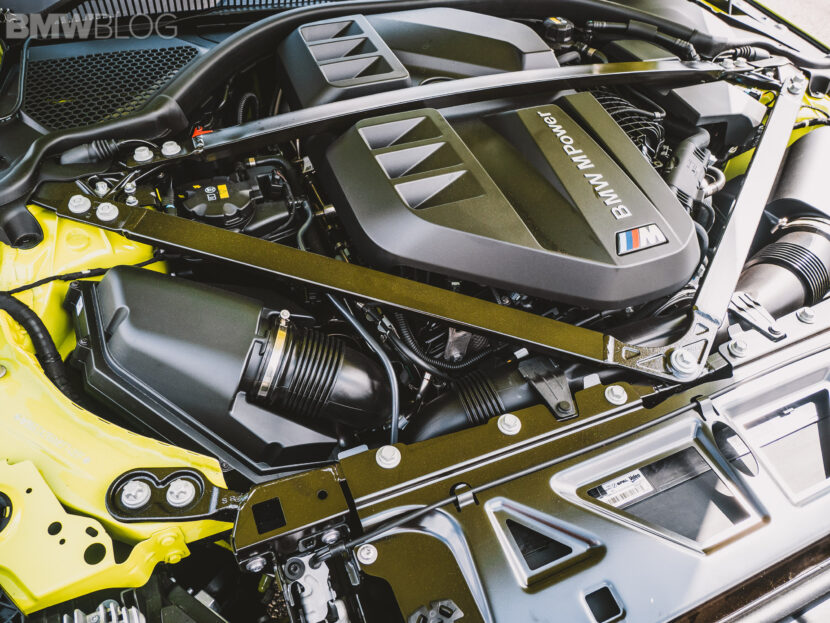At a time when many efficiency manufacturers are reconfiguring their powertrains to fulfill stricter emissions rules, BMW M is taking a distinct path. Based on a latest Autocar interview with M division boss Frank van Meel, the corporate’s inline-six and V8 engines is not going to solely survive the incoming Euro 7 guidelines—they’ll achieve this with none loss in efficiency. Van Meel made it clear: there’s no plan to downsize to smaller four-cylinder setups, not even within the case of the M5. “I couldn’t think about placing a four-cylinder in an M5,” he instructed Autocar throughout an interview on the Goodwood Competition of Velocity.
That remark alone will probably be reassuring for longtime BMW followers, particularly as rivals like Mercedes-AMG have downsized aggressively. The brand new C63, for example, moved from a thunderous V8 to a turbocharged four-cylinder plug-in hybrid, sparking loads of controversy. However BMW M is signaling that it’s staying true to its roots—for now.
Emissions Guidelines Are Altering, however the Engines Aren’t
Euro 7 rules, now delayed till late 2026, gained’t decrease emission limits in comparison with Euro 6e. As a substitute, they demand that those self same limits be met in a wider set of real-world driving situations—issues like chilly begins, city stop-and-go site visitors, and high-speed driving. Automobiles should additionally keep compliant for as much as 10 years or 124,000 miles—double the present sturdiness requirement. The actual technical problem lies in how efficiency engines cool themselves. Underneath aggressive driving, many engines inject additional gasoline to assist management warmth—a technique that’s not viable beneath Euro 7’s strict Lambda 1 necessities (the best air-to-fuel ratio for clear combustion).
“Usually, in case you are in high-performance conditions, you cool utilizing the gasoline. With EU7, that’s not possible,” van Meel defined. “So it is advisable to discover other ways of avoiding temperature build-up.”
BMW M’s engineers, based on van Meel, have discovered options to this drawback with out compromising output. He didn’t go into specifics however stated the combustion course of and cooling technique have been considerably reworked to remain inside limits whereas preserving what makes an M engine really feel the best way it does.
Legacy Issues
The inline-six and V8 engines aren’t only a technical selection for BMW M—they’re a defining a part of the model’s id. From the high-revving straight-sixes of the E36 M3 and E46 M3 to the muscular twin-turbo V8s within the M5 and M8, these engines carry many years of engineering evolution and racing pedigree. Van Meel instructed Autocar that M has no plans to desert these codecs in favor of three- or four-cylinder alternate options, no matter how aggressively electrification continues. The important thing challenge, he stated, is sustaining BMW M’s distinctive efficiency character—particularly how the automobile delivers torque, how excessive it revs, and the way it sounds.
BMW has already hinted that’s engaged on the next-gen six-cylinder engine for the M3, nevertheless it remained tight lipped across the new know-how. But it surely’s more than likely {that a} mild-hybrid setup will include the revised S58. [Source: Autocar]




